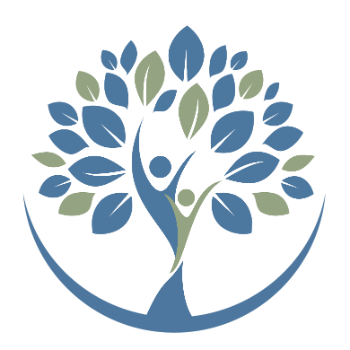Individual Counseling
Individual counseling is a great way to help you gain control of your life and find clarity.
By taking the first step towards counseling, you will be able to learn how to recognize and manage thoughts and behaviors that are harmful, allowing you to gain a better understanding of your emotions and negative behaviors.

What is Individual Counseling?
Individual counseling can be a powerful tool for helping clients become aware of longstanding negative patterns of behavior and beliefs. These patterns may interfere with their ability to experience emotional well-being, form meaningful relationships, and reach their full potential.Counseling can help facilitate insight into one's personal issues, as well as more effective coping strategies.
One of the main advantages of individual counseling is the individualized attention and personalized approach it provides, allowing the counselor to create a warm, collaborative environment and the freedom to tailor the approach to the specific needs of the individual.Individual therapy can also help deepen self-awareness, which is a powerful tool for personal growth. With the help of an unbiased, non-judgmental professional, you can observe and safely explore thoughts, feelings, and experiences that are difficult to talk about.
Difficulties Faced By Individuals
- Feelings of depression, loneliness, and emptiness
- Anxiety and intrusive thoughts
- Excessive worry or guilt
- Low motivation and interest in activities you previously enjoyed
- Social withdrawal or isolation
- Sexual, physical, or emotional abuse
- Low self-esteem and self-worth
- Grief and loss
- Poor academic, work, or behavioral performance
- Relationship issues
- Family dynamics
- Life transitions
- Managing stress, societal pressures, and overwhelming expectations
- Communication techniques
- Desires for personal growth
- Identity formation
- Trauma and PTSD
- Changes in appetite and sleep
- Difficulty concentrating
- Self-harming behavior and suicidal ideation
- Alcohol, drugs, and substance abuse
- Poor decision-making skills
- Poor social skills and trouble with coworkers or bosses
- Social anxiety and difficulties in social situations
- Anger management
- Overcoming an addiction
- Unexplained physical symptoms, such as headache or upset stomach, even though a doctor finds nothing wrong

How Does The Counseling Session Work?
As a licensed professional counselor, I approach counseling by identifying the problem right away and allowing the client to feel comfortable and safe to speak openly. I will provide support and ask deep questions to help us get to the root of the problem. Through this process, we will discuss desired outcomes and potential solutions so the client can see a road map to get there.
Every client is different, so I tailor my counseling techniques to the individual’s needs. I might suggest cognitive behavioral therapy or some other therapeutic approach to identify and manage thought patterns and behaviors.
After a breakthrough, you may feel a sense of relief, clarity, and hope. You may also feel a sense of empowerment and self-sufficiency, as well as a better understanding of your triggers and emotions.
Therapeutic Approaches

What are the Benefits of Counseling?
The skills taught in individual counseling can help bring balance and stability to many different areas of one’s life. Developing self-awareness and knowledge about one’s triggers and underlying issues can boost your confidence and equip you with strategies to respond more skillfully to difficult situations. Understanding yourself and others creates the groundwork for better communication and relationships.
The skills taught in individual counseling can also help with setting boundaries, problem-solving, and managing stress, emotions, and behaviors in more productive ways. As a result of the insight and skills gained through individual counseling, individuals have more options available to them when making decisions which can lead to improved quality of life.
Individual counseling is one of the most impactful investments for your overall wellbeing. As a licensed professional counselor, I will provide you with valuable tools to help you manage your thoughts and actions and give you the confidence and clarity to live a more fulfilling life.
